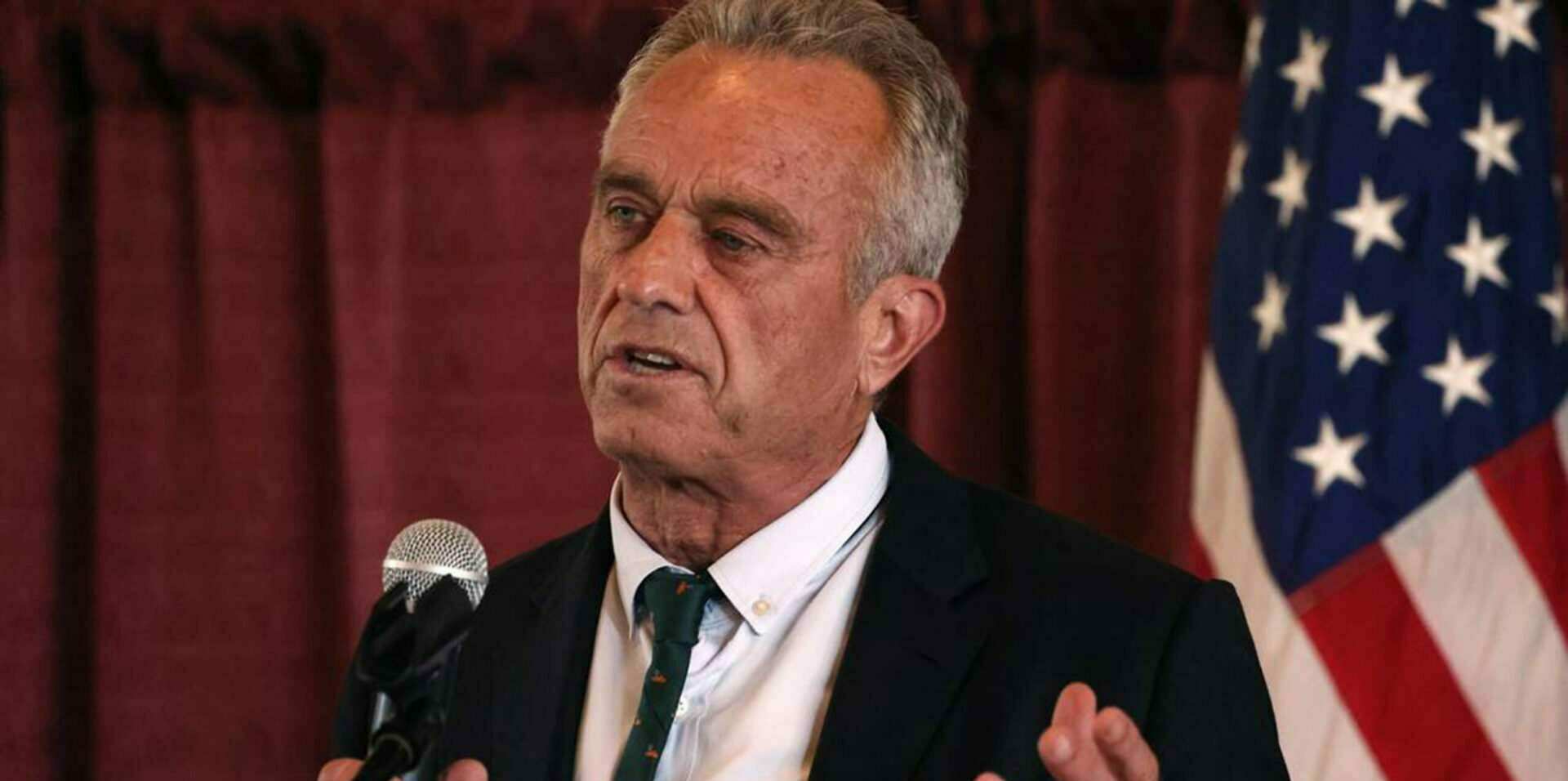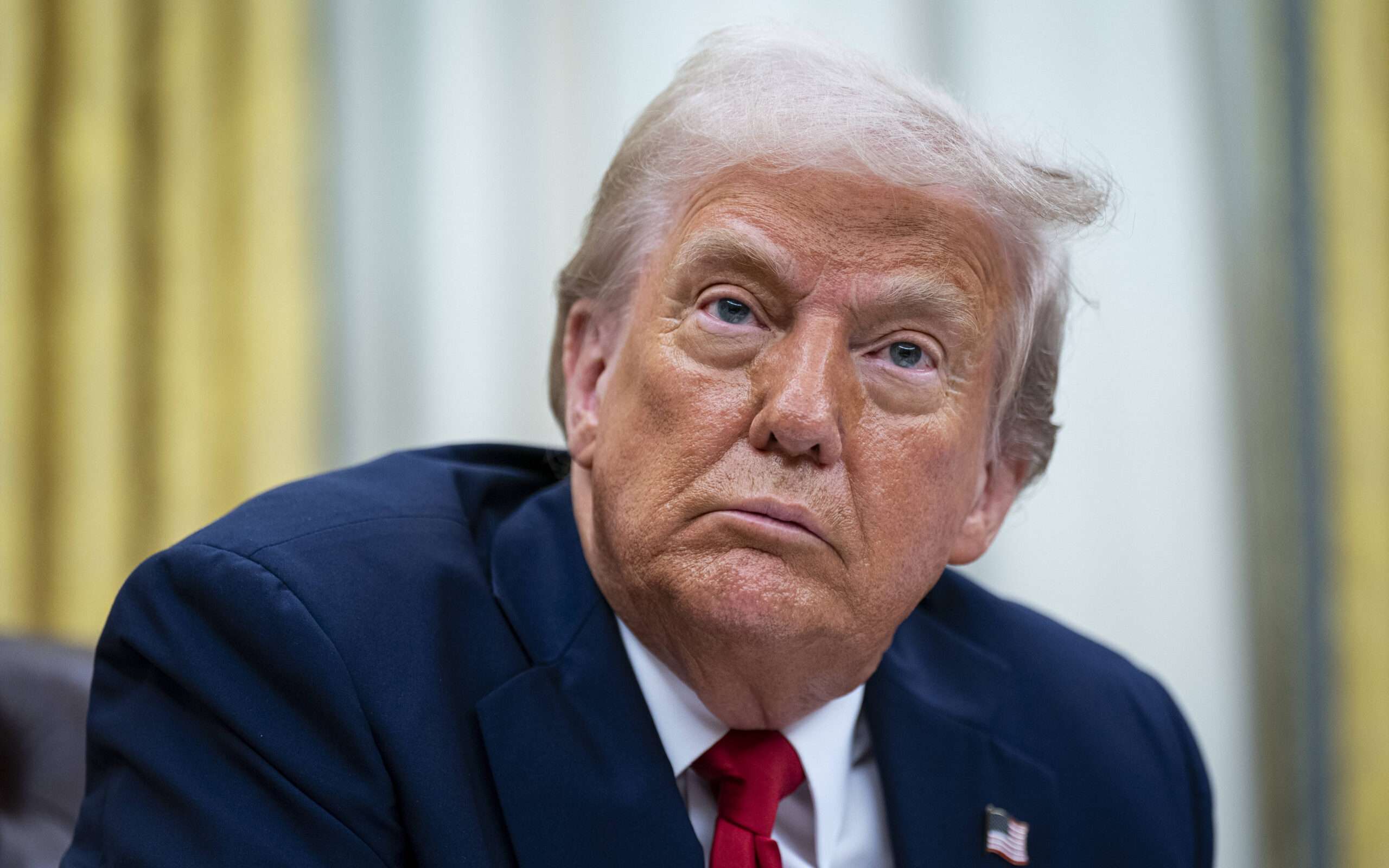Exploring Autism: Unveiling Theories and Controversies
Amid rising autism rates, a massive international study aims to uncover environmental causes. But is the focus misguided? Experts weigh in on what's fueling this contentious research.
Published April 12, 2025 - 00:04am

Image recovered from americanmilitarynews.com
In a significant move to address the alarming rise in autism diagnoses, the United States government, directed by President Donald Trump's administration, has launched an expansive global investigation. Headed by Health and Human Services Secretary Robert F. Kennedy Jr., this initiative seeks to identify the underlying causes of what has been termed an 'autism epidemic' in the country. The research effort involves scientists from multiple countries and is expected to provide answers by September.
During a cabinet meeting, Kennedy assured President Trump that the investigation, described as 'massive' in scope, aims to pinpoint the environmental toxins responsible for the increased autism rates. Kennedy cited historical statistics showing a dramatic rise from 1 in 10,000 children diagnosed in previous decades to a startling 1 in 31 today. However, experts argue that this uptick can largely be attributed to broader diagnostic criteria and heightened awareness, rather than a true epidemic.
These concerns highlight significant disagreements within the scientific community, particularly regarding the plausibility of environmental toxins as primary culprits. Critics of the administration's approach, including renowned researchers in autism spectrum disorder (ASD), emphasize that while genetic predispositions are acknowledged, socioeconomic and environmental factors could play roles too, yet vaccines remain the focal point of debate.
Trump's association with anti-vaccine rhetoric is no secret, as he often alludes to possible links between vaccines and autism. This perspective, fueled by the appointment of Kennedy – a known vaccine skeptic – has drawn criticism from public health officials wary of sparking vaccine hesitancy. This controversy has resurrected old claims debunked by numerous studies, particularly the alleged connection between the MMR vaccine and autism.
Meanwhile, recent data from the Centers for Disease Control and Prevention illustrates a broader understanding that the rise in autism diagnoses corresponds more closely with improved detection and societal acceptance than with human exposure to a new environmental threat. Nevertheless, Kennedy's initiative involves reevaluating old hypotheses alongside potential new environmental risk factors, such as dietary elements and pollution levels.
Internationally, this study is being met with a mix of skepticism and curiosity. Medical institutions like the National Institute of Health continue investing significantly in autism research, advocating for reliable scientific methods that adhere strictly to established medical guidelines. Despite this, some community organizations remain wary, suspecting the study may drift into discourse based on long-refuted theories.
Adding complexity, Kennedy and his team have enlisted David Geier, whose history of supporting vaccine-autism links has provoked further doubts about the study's objectivity. Critics argue that this direction could detract from uncovering genuine causes, while contributing to misinformation.
As the deadline for the study's findings approaches, medical communities worldwide keep a keen eye on developments. The hope is that forthcoming results will expand the understanding of autism's etiology while ensuring public discourse remains grounded in scientific legitimacy, ultimately protecting public health interests.







